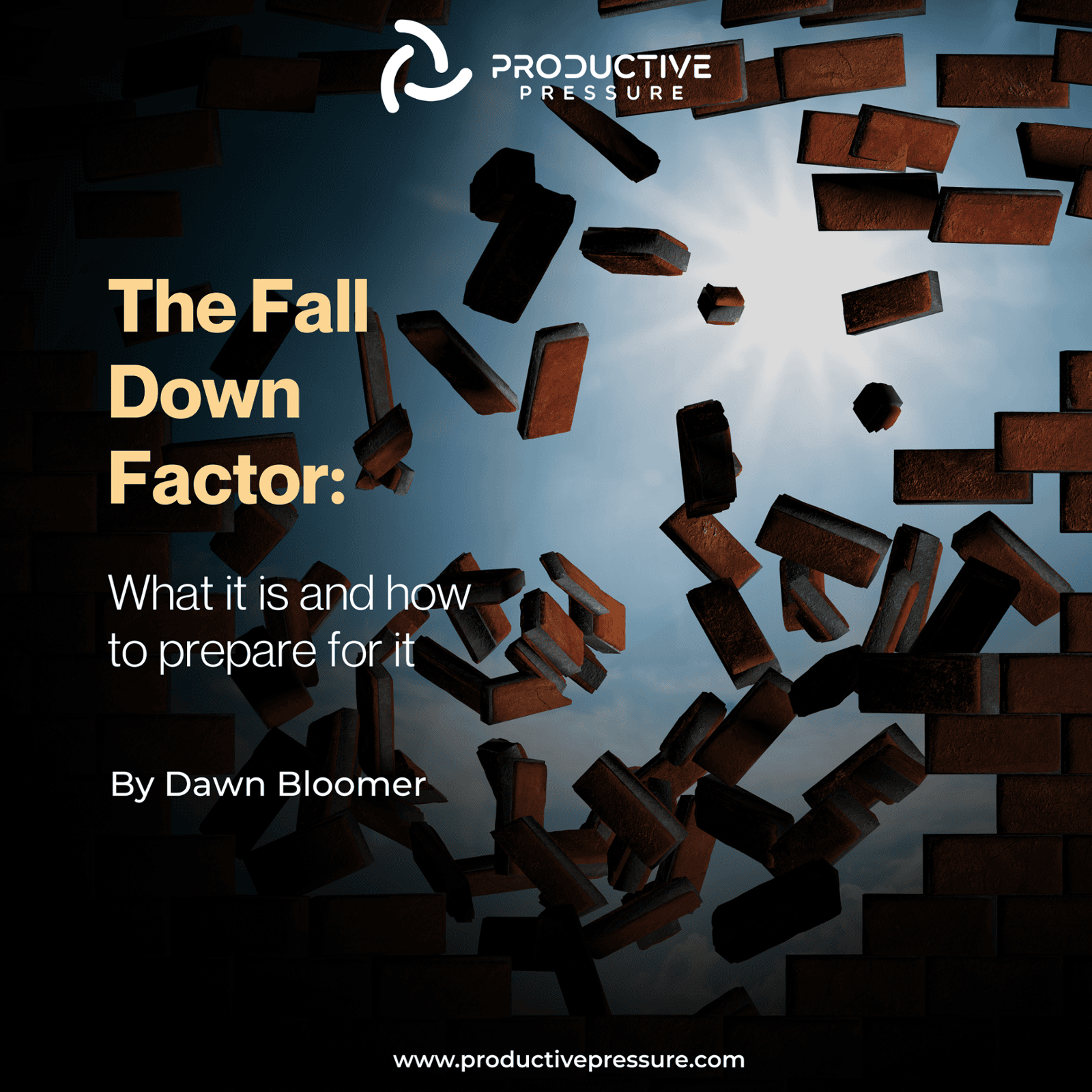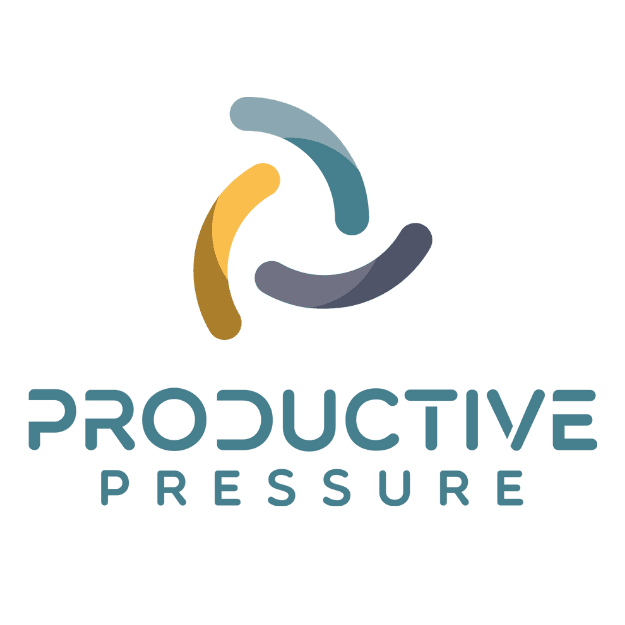
In business, it’s a good idea to hope for the best but expect the worst. Part of preparing for the worst is identifying and planning around Fall Down Factors.
What is a Fall Down Factor?
An unplanned event or circumstance that could cause you and your business to Fall Down. In other words, become unable to meet your obligations or carry on your business as usual. One of the most common Fall Down Factors is an over-reliance on key team members. Consider your business for a moment. Is there someone on your team who:
- Is the only person who knows how to perform certain tasks?
- Is the “go to person” who holds a lot of your business knowledge and practices in their head?
- Is the person that your clients/customers ask for or prefer to deal with?
Is that person YOU? Eventually, this person will stop working in your business. This might be a long-term temporary absence for health or personal reasons. Or they may quit or retire. In the worst case, they will leave without any notice. Without appropriate measures in place, their absence will cause a negative – even devastating – impact on your business. You can avoid that fate by taking these measures:
1. Develop Standard Operating Procedures
Get the organizational knowledge out of their heads and into written or digital form. Make notes and checklists about how to do things. Keep these up-to-date and easily accessible. Not only will these be gold in the event of a Fall Down event – they’ll help you train new people faster and deliver more consistently.
2. Cross Train Your Staff
Cross training is essentially teaching your employees the skills they need to perform other roles within the company. Beyond preparing for a crisis, cross training improves your business efficiency, increases productivity, and leads to more collaboration and synergy. Cross training also delivers benefits to your employees. It prevents boredom, makes them more “promotable” and provides the development opportunity that most quality employees look for from their employer.
3. Develop Next Generation Leaders
What would happen to your business if you took 2 months off to go on an extended vacation? In addition to cross training staff for operational skills, implement a program to identify and groom people who could run the place without you. Building redundancies in your leadership ranks becomes more and more important as your business grows.
Bonus: Consider Getting Key Person Insurance
Key Person Insurance is life or disability insurance that you carry on yourself as owner or on your hard-to-replace employee. While insurance provides a financial buffer in the worst-case scenario, it doesn’t solve the dependency problem. The better long-term option is to develop a business without this level of dependence on a single person. When you have standard operating procedures, cross-trained staff, and a bench of backup leaders - someone else can step into any role on short notice and at least keep things going until you can find a permanent solution. As with most preventative measures, you may be tempted to add this to your long list of things you “should do” where it will quickly be forgotten about. The reality is that you will never magically have time to undertake projects like this in your business unless you make a commitment to dedicate time and energy to working “on” your business instead of in it.
